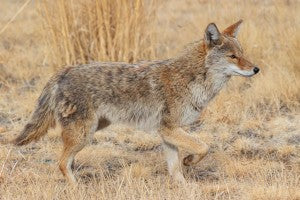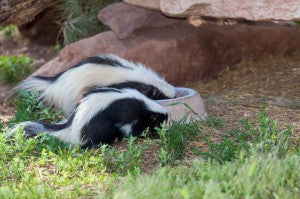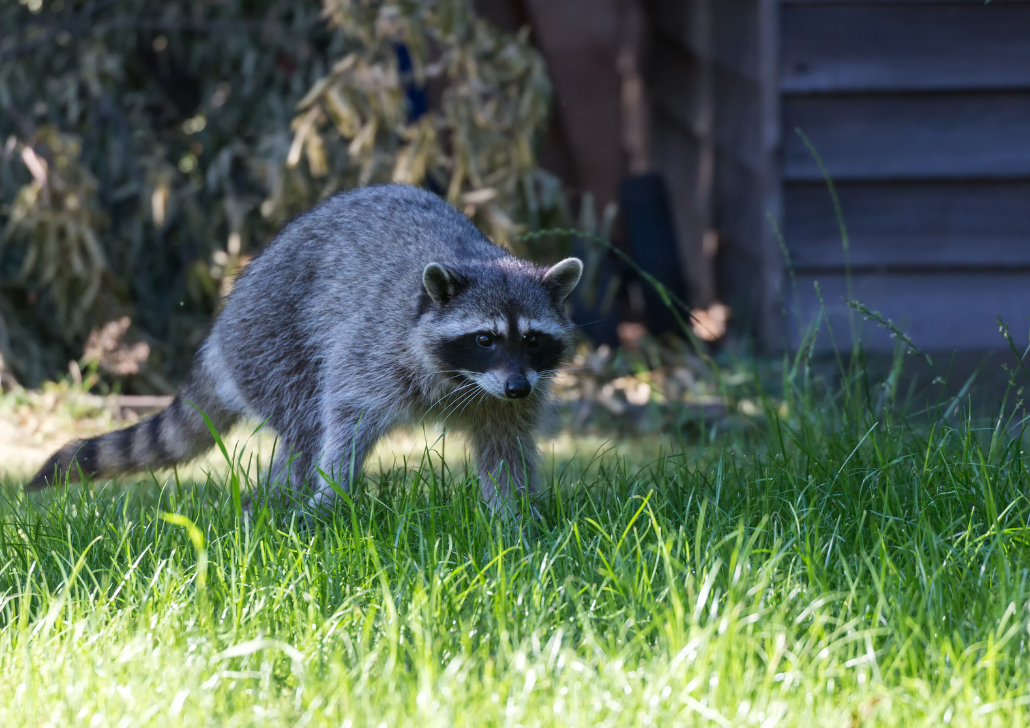Do you have predators killing your livestock? If so, it’s time to take action and it doesn’t have to be lethal. There are plenty of safe and effective ways to handle this problem. We’ll address some tips in this blog to help.
Let’s first talk about fencing and housing. Some animals you may want to keep in a building, especially at night. The animals most at risk of being attacked or eaten are those that are smaller, weaker, or sick. For example, it’s a good practice to put your chickens and other small animals in an enclosure overnight. You’ll want to ensure that it doesn’t have any entry points, including a floor an animal can dig into, such as a raccoon. Keep in mind, you’ll need some ventilation.
Fencing can get expensive when you’re building it to keep predators out. You’ll need to consider how tall the fence will need to be in order to keep predators from getting in. For example, a fence that’s 6 feet tall typically prevents coyotes from jumping into the enclosure. If you want another fencing option, consider an electric one. Electric fences add an extra layer of protection, but they aren’t recommended for sheep, because sheep have thick wool which can act as a barrier, preventing a reaction to the shock. That means they could escape if the pen is left open. Remember that some animals can dig under fences, so depending on the type of predator you want to keep out, you may want to install chicken wire a few inches below the ground.
Another way to protect your livestock is by using guardian animals to deter predators from coming onto your property. Guardian animals like llamas, mules, and donkeys can be helpful in deterring coyotes. However, they are less effective for several other predators. A livestock guardian dog can also be helpful. These aren’t everyday dogs, they are raised specifically to protect livestock. It’s in their blood.
An additional option you have for protecting your livestock and property from predators is to use repellents. To achieve the best possible results, we recommend using more than one deterrent or cycling through them. There are various repellents designed for keeping different pests and predators off your property. We have several on our website and on Amazon. We also have additional information regarding how to protect your property from specific pests and predators on our website, if you’d like to learn more.
Tips for safeguarding your livestock from predators
·

·




